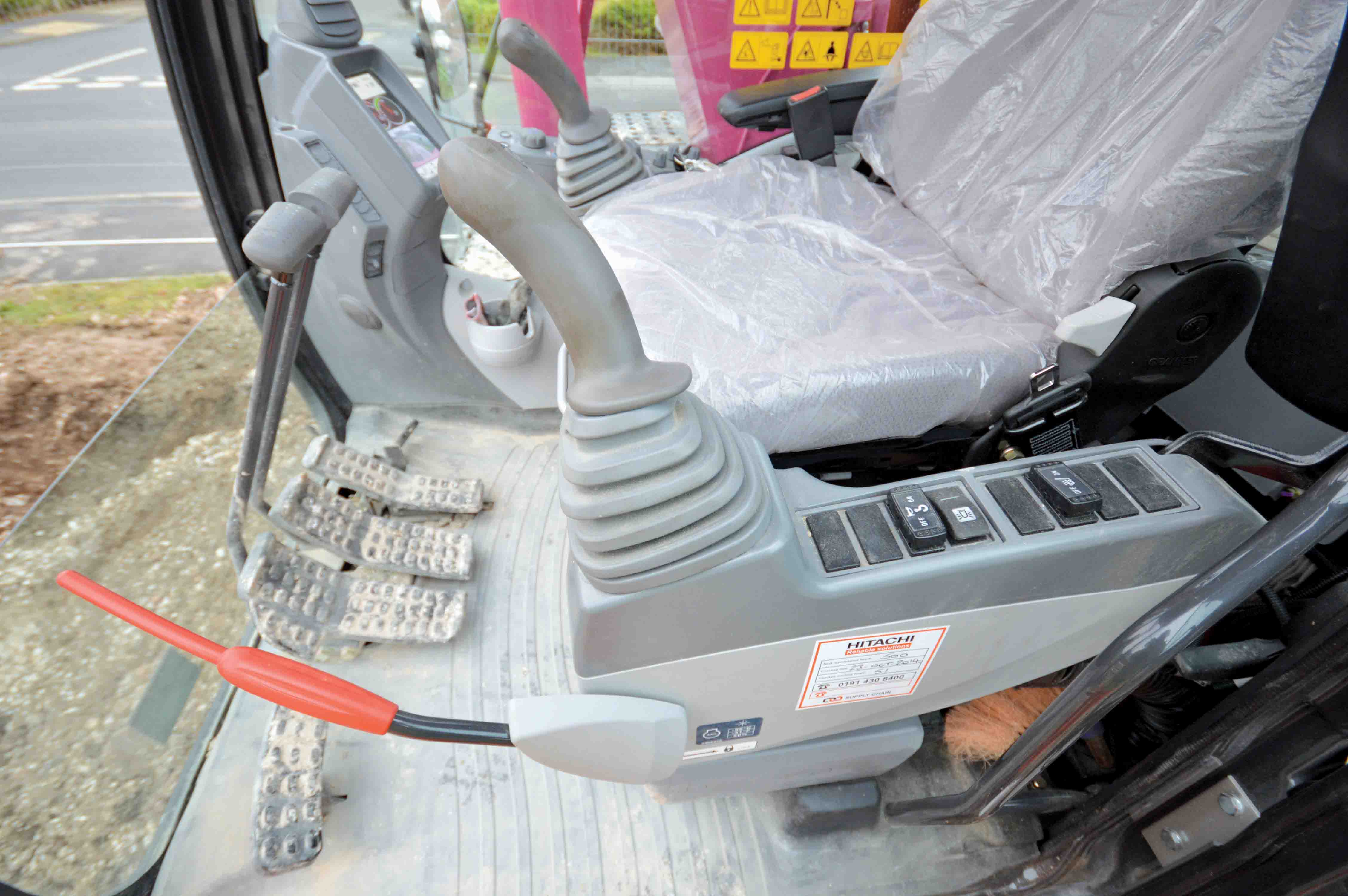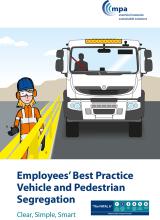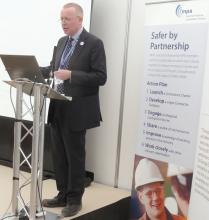
In the UK, the CPA’s draft document, Reducing Unintended Movement of Plant, has undergone a public consultation with the final document due to be published during Q1 2017. Guy Woodford reports.
The Strategic Forum Plant Safety Group was formed to produce good practice guidance on plant safety-based subjects and is managed and chaired by the Construction Plant-hire Association (CPA) on behalf of the construction and allied sectors. The plant safety group has published several publications on various topics, produced through subject-specific meetings with industry experts.
The group’s latest project is Reducing Unintended Movement of Plant - Managing exposure to consequential risks, where inadvertent operation of a control such as a switch, lever, pedal etc. has caused unintended machine movement leading to, in several cases, serious injuries and fatalities. The 2014 publication of an HSE-commissioned report on inadvertent operation of controls with excavators supports the notion that users of plant needed to be made aware of the risks and what control measures should be taken to mitigate consequential risks. The CPA hosted an industry meeting in April 2015 to discuss the topic, and all present agreed that guidance needed to be produced. A task-specific working group was formed consisting of a range of employers representing tier 1 contractors and SMEs, and further included trade bodies, manufacturers and training organisations as well as the Health and Safety Executive. Work on the guidance commenced June 2015 after which several meetings were held to discuss the issue, and to identify and document the causes and suitable control measures. The group identified that in principle, inadvertent operation occurs through either the operator unknowingly activating a control lever, intentionally activating a control lever but causing a different action to the one expected, or where safety systems were bypassed or defeated. The guidance covers:
• Planning of the task and the selection of plant
• Attributes of personnel, supervision and training requirements
• Control of the working zones and those within the area
• Communication
• Types of operating controls and means of isolation
• Selection and fitting of additional control measures, inc. clothing specifications
• Checks, inspections and maintenance requirements.
A large number of case studies on real life incidents have been documented and have provided an analysis on the causes, consequences and outcomes of each, for which in many cases there are a number of causal factors. This will highlight to readers how incidents have occurred and how they could have been prevented. Manufacturers of plant form part of the working group with the intention of getting them to ultimately design out potential inadvertent operation and risks during a machine’s development phase. The guidance encompasses all plant types including those operated through a remote-control unit, except mobile elevating work platforms (MEWPs) where a separate publication from the Plant Safety Group on crushing issues has already been produced.
A period of public consultation on the CPA’s draft document, Reducing Unintended Movement of Plant, ended on 16 December 2016. It is envisaged that the document’s final version will be available in early 2017 and a condensed, summarised version will subsequently be produced for easy reference.
Tarmac equips vale children with first aid skills
Forty youngsters from the Rhoose area in the Vale of Glamorgan, Wales have been given vital first aid training thanks to
The children, who are aged 9-18 and members of The Vale Parent Child Homework Support Club, underwent the life skills session after Tarmac donated money to fund the course.
Tarmac’s Aberthaw plant manager, Chris Bradbury, said: “We are delighted to have been able to fund this course and that there was such an appetite amongst Rhoose youngsters. Safety is of paramount importance to our business, and first aid is a simple skill to learn but it can have an incredible impact. We’re delighted that so many people came forward to undertake this valuable training.”
Taking place at Rhoose Community Centre, the full day course gave the youngsters the opportunity to undertake practical exercises whilst also learning the theory behind first aid and how to treat the most common injuries and accidents.








